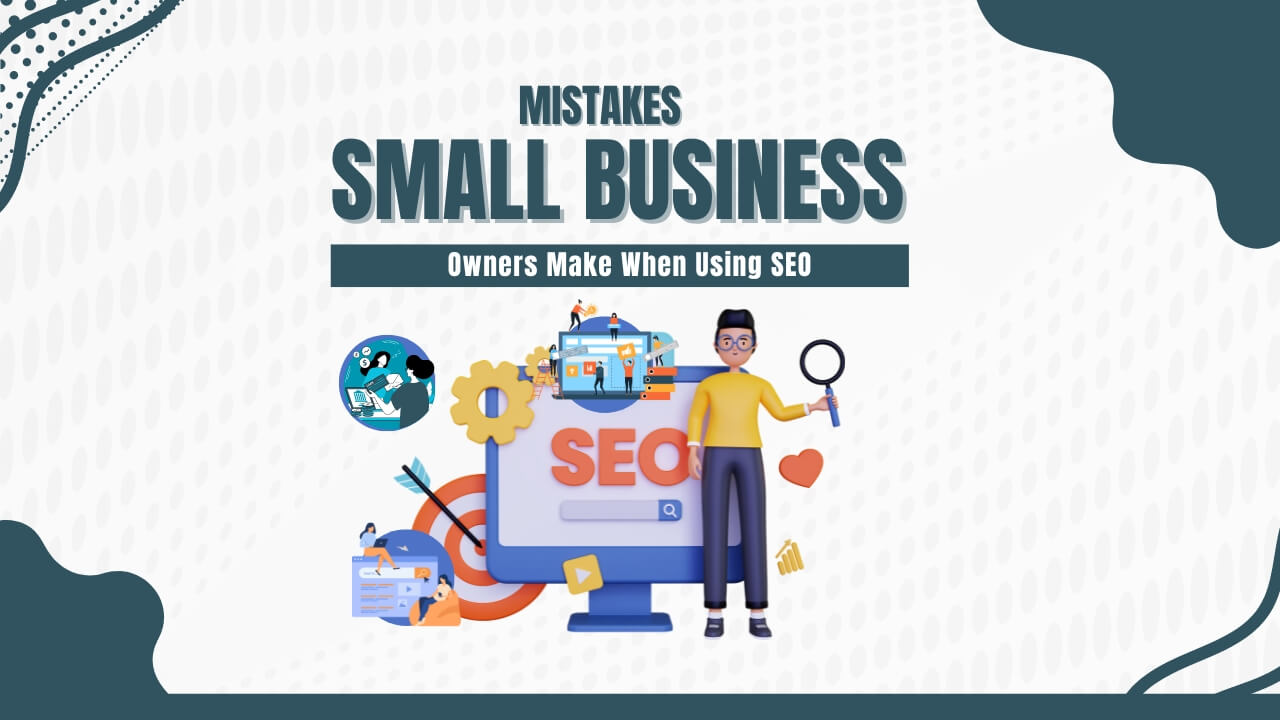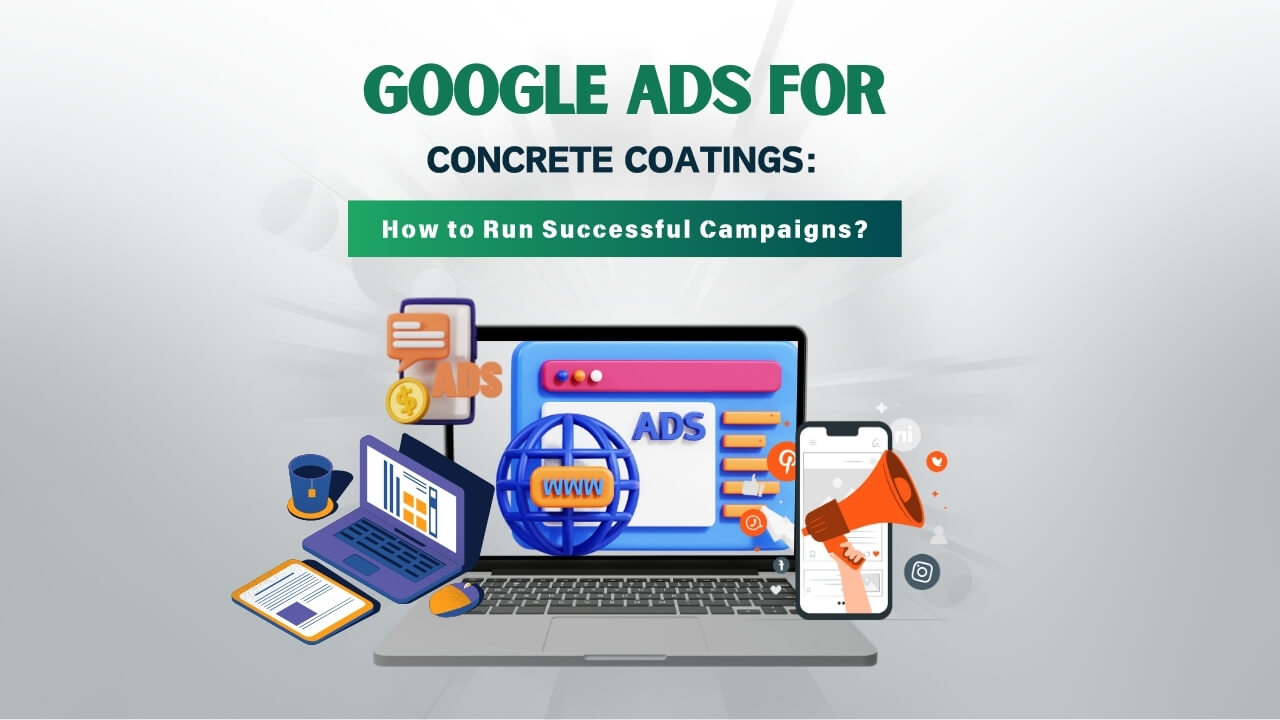Introduction
In this ever growing dynamic era of digital advertising, mastering Google Ads is very much important for marketers aiming to drive effective traffic, generate leads, and increase sales.
Among the advanced features and settings of Google Ads, keywords also match the types that work as fundamental elements that can significantly influence the success of pay-per-click (PPC) campaigns.
The keyword match types determine how closely the user’s search query must match your ads with the chosen keywords before showcasing the ads to the users. This blog explores two primary match types i.e Broad Match and Exact Match, providing all the valuable insights of their workings, advantages, disadvantages, and best practices to leverage them effectively.
Understanding Keyword Match Types
Before delving into the specifics of Broad and Exact Match, it’s essential to understand the concept of keyword match types in the Google Ads. Match types offer advertisers a control over how closely the keyword should exactly match the user search query for the ad to be considered for display.
As Sujit Shukla Emphasis the right match type can enhance your ad’s relevance to user searches, effectively improving the click-through rates (CTR), and ultimately, contributing to the campaign’s overall success.
Google Ads offers several match types, each has its own level of flexibility and control. Broad Match, the default setting, allows your ad to effectively show on the Google searches that include misspellings, synonyms, related searches, and other relevant variations.
Exact Match, on the other hand, should exactly match the phrase of the user’s search query to match with your keyword exactly or with the close variations. Understanding these matches is very important to craft a strategy that aligns with your advertising goals.
Broad Match
Definition and How It Works
Broad Match is the Google Ads default keyword match type that is mainly designed to reach the widest range of audience.
When you use Broad Match, your ad is eligible to appear whenever a user searches for the queries which include a keyword in your key phrase, in any order, along with any other effective terms which Google considers is relevant.
This can include misspelling, synonyms, related searches, and other variations. Broad Match is instrumental to capture a high volume of traffic, making it one of the potential elements to create brand awareness and audience expansion campaigns.
Advantages of Using Broad Match
- Maximized Visibility: Broad Match ensures your ads reach a broader audience, increasing the chance for clicks and conversions.
- Less Keyword Research: It requires less exhaustive keyword lists since it automatically targets the search queries.
- Discovery of Relevant Queries: Allows you to discover additional keywords and search terms that are relevant to your business but might not have to target explicitly.
Disadvantages and Potential Pitfalls
- Less Targeted Traffic: The broad nature of this match type can mislead your ads appearing for less relevant searches, potentially reducing the quality of your traffic.
- Higher Costs: Without proper management, the broad targeting can effectively lead to higher spending without corresponding increase in the ROI.
- Monitoring and Management: it Requires continuous monitoring and has to take effective steps when it’s necessary to improve campaign performance.
Best Practices for Using Broad Match Effectively
- You have to Start with a comprehensive list of negative keywords to filter out the irrelevant traffic.
- Monitor performance deeply and adjust your strategy based on the quality of traffic and conversions that your ads are getting.
- Use Broad Match in conjunction with other match types to balance reach and relevance.
Exact Match
Definition and How It Operates
Exact Match is the most restrictive Google Ads keyword match type, as it requires the user’s search query to be closely matched with your keyword or a very close variation of it.
This includes minor misspellings, singular form or plural form, stemmings, abbreviations, reordering the words with the same meaning, and add/remove function words (in, to, for, etc.) as long as it does not change the intent.
Exact Match offers the highest level of control, ensuring that your ads are only shown to the users related to the search queries.
Advantages of Using Exact Match
- Highly Targeted Traffic: Exact match helps to attract the users with the specific intents, leading to higher click-through and conversion rates.
- Cost-Effectiveness: By focusing on users who are looking for exactly what you offer, Exact Match can also acquire a better return of investment.
- Control and Precision: it Offers precise control over who sees your ads, effectively reducing wasted spend on irrelevant clicks.
Disadvantages and Limitations
- Limited Reach: The restrictive nature of Exact Match means you sometimes might miss out on a broader audience that can be interested in your offers.
- Keyword Research: It requires a thorough keyword research and understanding of your audience’s search behavior.
- Adaptability: You may need to regularly update and refine your keyword list according to the change in the search trends.
Best Practices for Maximizing the Effectiveness of Exact Match
- Conduct a detailed keyword research to understand the exact term that your targeted audience are using.
- Combine Exact Match with other match types to balance the reach and precision.
- Regularly do keep on reviewing the search terms reports to identify new keyword opportunities and to refine your strategy.
Comparative Analysis
When comparing Broad Match and Exact Match, the choice between the both should be mainly based on your campaign goals, budget, and how much control you want over the ad placements.
Broad Match is ideal for expanding the reach and discovering new keywords, while Exact Match is best for targeting specific user intent and to get maximum return on investment.
Strategic Application in Campaigns
The most effective Google Ads strategies often include a mixture of Broad and Exact Match types.
Starting with Broad Match will help to identify high-performing keywords, which can then be targeted more precisely with the Exact Match.
Balancing the two helps to explore new opportunities and exploitation of known high-value targets.
Conclusion
In the complex landscape of Google Ads, understanding and strategically applying Broad and Exact Match can dramatically impact your campaign’s success. While Broad Match offers visibility and discovery,
Exact Match provides precision and efficiency. By leveraging the strengths of each match type and continually refining your approach based on data-driven insights, you can effectively reach your desired audience, achieve your marketing objectives, and maximize your advertising spend ROI.
In sum, the dynamic interplay between Broad Match and Exact Match necessitates a nuanced approach to PPC campaign management, one that balances broad-reaching exploration with targeted exploitation. As advertisers become more adept at navigating this balance, they can unlock the full potential of Google Ads to drive business growth.






